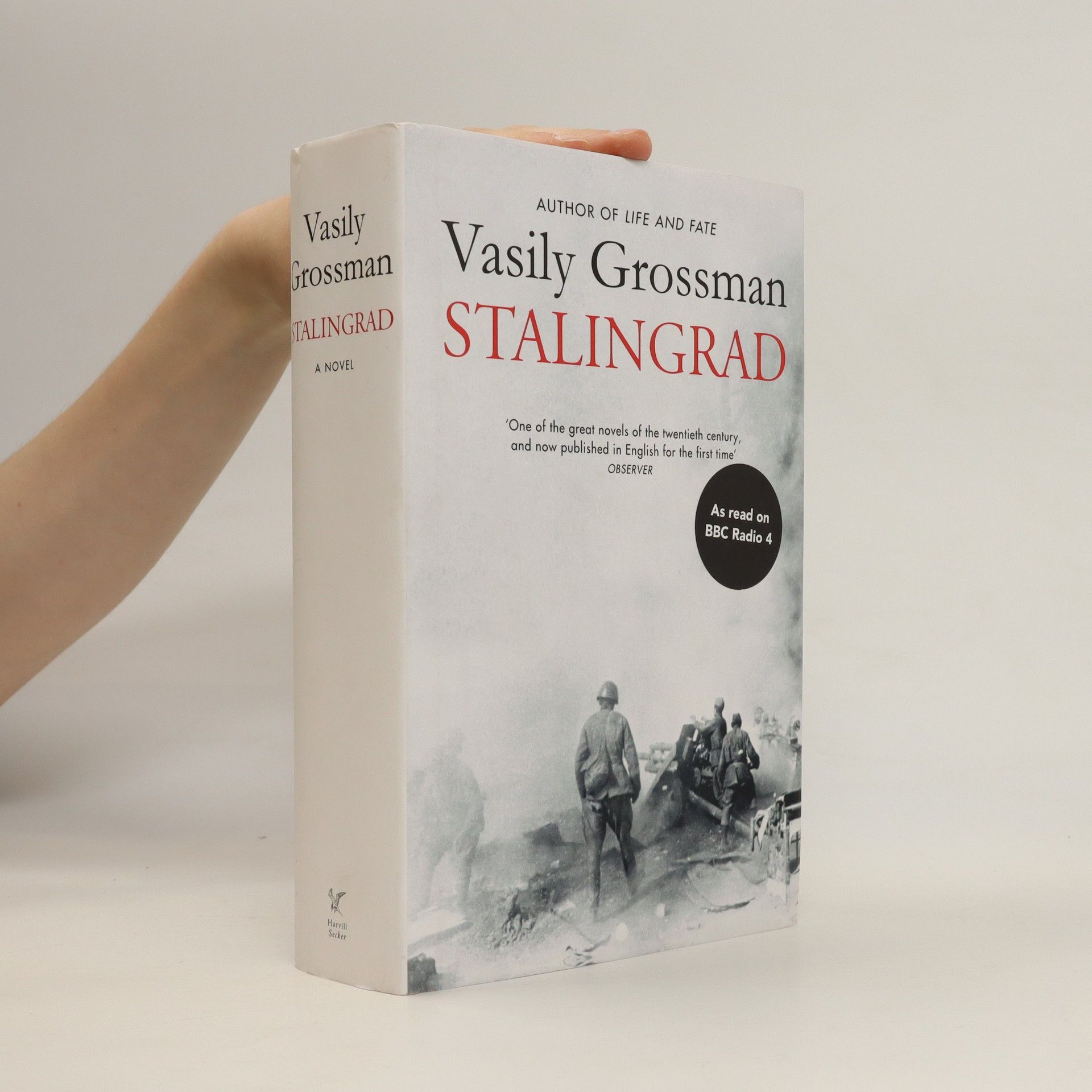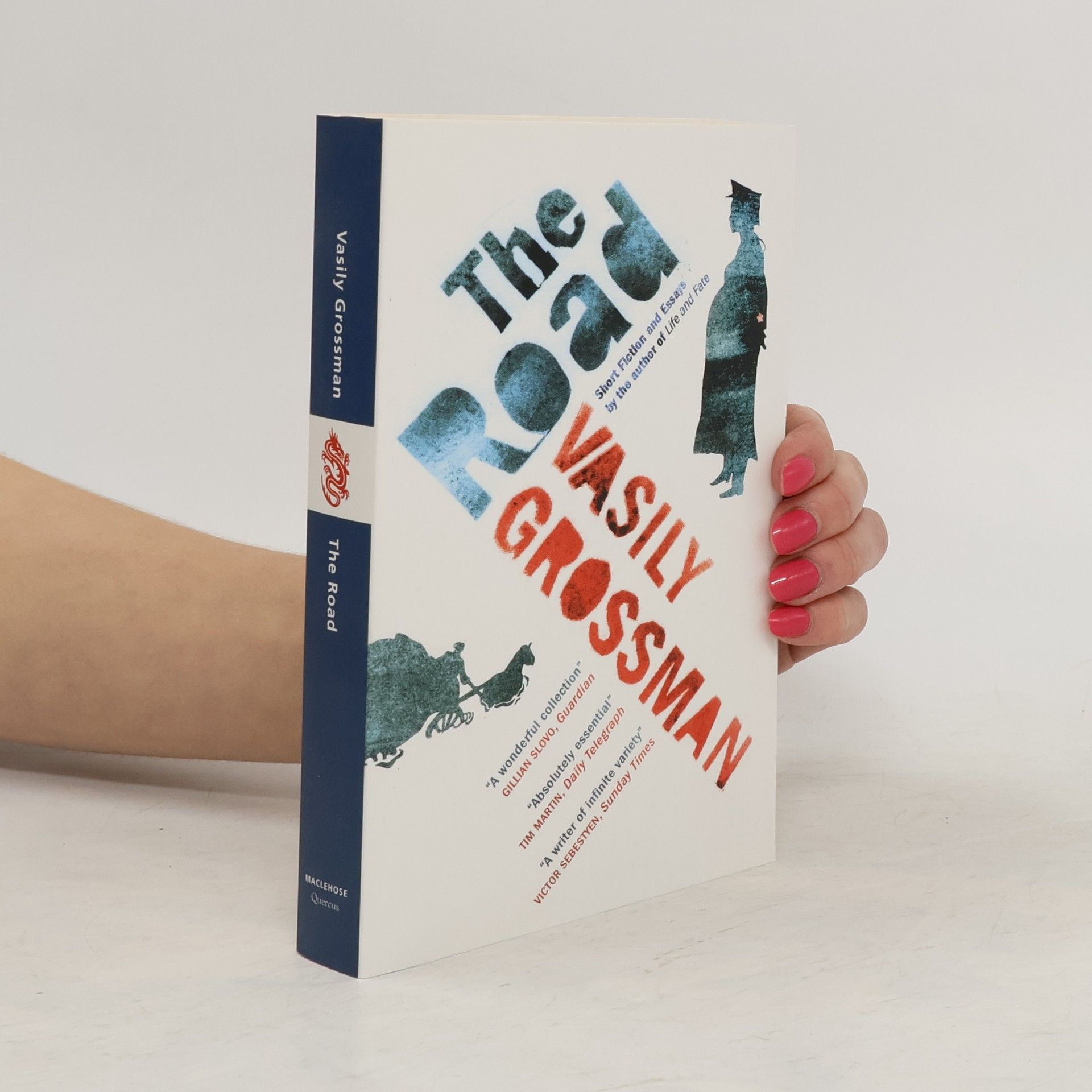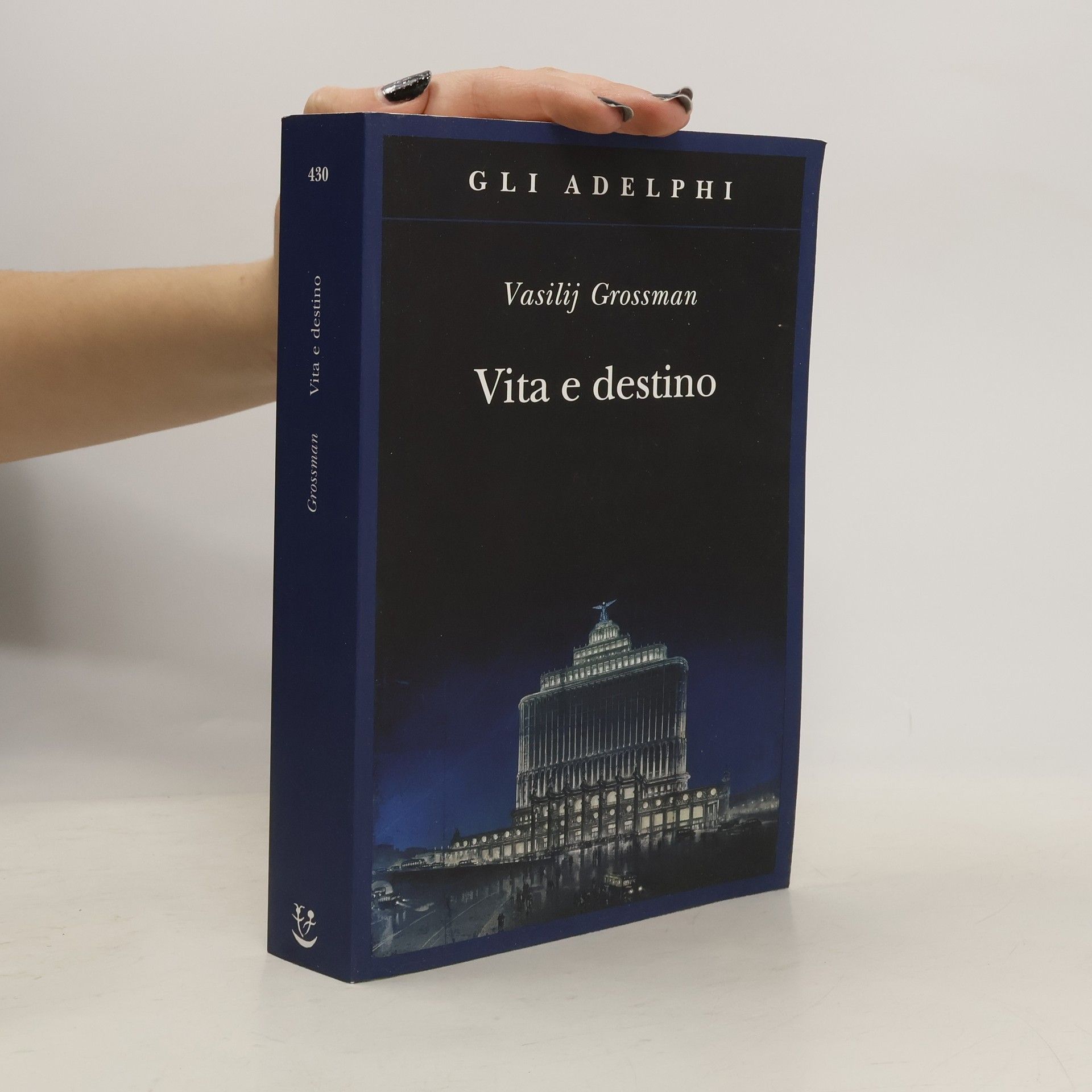Gli Adelphi - 430: Vita e destino
- 750pagine
- 27 ore di lettura
«Il libro segue con ottocentesca, tolstojana generosità molteplici destini individuali spostandosi da Stalingrado (città doppia: simbolo di difesa e libertà contro la violenza nazista e insieme luogo-emblema dell’Urss staliniana; solo nella “casa di Grekov” si vive secondo onore e senza gerarchie) ai lager sovietici e ai mattatoi nazisti, da Mosca (le stanze del potere, le celle della Lubjanka) alla provincia russa. E raccontando la “crudele verità” della guerra, le storie intrecciate di eroi e traditori, automi di partito ed esseri pensanti, delatori, burocrati, intriganti, carnefici, martiri, personaggi fittizi e reali, inframmezzando la narrazione con numerosi dialoghi (di ascendenza, questi, dostoevskiana), Grossman continua a interrogarsi sull’essenza di sistemi che uccidono la realtà – di conseguenza anche gli uomini – falsificandola, sostituendola con l’Idea. Al posticcio e menzognero “bene” di Stato lo scrittore può opporre soltanto, per quanto ardua e apparentemente impossibile in tempi disumani, la bontà individuale, rivendicando – sommessamente, ma con tenacia – l’irripetibilità del singolo destino umano. Giacché “Ciò che è vivo non ha copie ... E dove la violenza cerca di cancellare varietà e differenze, la vita si spegne”». Serena Vitale






